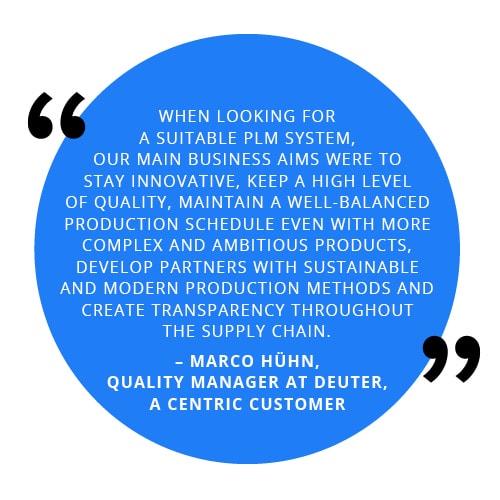4 Essential Sustainability Trends for Fashion and Retail: Forecast #1

Sustainability Forecast #1: Environmentally and Ethically Sound Products
As a reaction against the disposable nature of fast-paced consumerism – from convenience food, to fast fashion and mass-produced goods – the movement towards more considered and sustainable purchases is not a new phenomenon. Yet, following the COVID-19 pandemic, which swept across the world and caused businesses in many sectors to grind to a halt, a desire for sustainability and transparency is becoming even more deeply engrained in the cultural consciousness, with consumers becoming acutely aware of ethical and social issues around the products they choose to buy.
Indeed, for more and more consumers, reducing environmental impact and supporting ethical supply chain practices are some of the biggest drivers of their purchasing habits. From carbon footprint impact to labour conditions, public awareness of these issues has skyrocketed, and social media influencers who promote sustainable and ethical fashion, beauty products and consumer goods are increasingly powerful in directing consumer attention and purchasing decisions.
It’s clear that sustainable production is good business for fashion brands and retailers. The question is, how can brands offer customers sustainable products that meet demands, maximize profit margins AND contribute to saving the planet?
As businesses seek ways to align transparency and collaboration, digital transformation tools come to the forefront as the key driver of eco-friendly and ethical business models.
Brands must ensure every step of the supply chain is analyzed to assess environmental impact, and they must be completely transparent with consumers about the origins of products and packaging. Reducing waste of sampling materials and overstock is crucial, as is sourcing fabrics, materials and packaging more locally to reduce the environmental cost of shipping, support local producers and make supply chains more transparent (as well as avoiding supply chain disruptions caused by external factors such as a pandemic).
What’s more, to meet ethical standards, brands need to monitor compliance and set quality expectations, ensuring that global and regional technical standards are adhered to throughout the entire value chain.
By adopting the new wave of digital technologies such as Product Lifecycle Management (PLM), companies can improve visibility and accuracy throughout the whole supply chain resulting in less waste; avoid disposing of unwanted or unsold products (which could damage brand reputation, as well as revenue); and dramatically reduce costs associated with overstock storage. Next-gen tech enables brands to only produce what customers truly want, so businesses can feel confident providing ultimate transparency around supply chains, appealing to sustainably–conscious customers and investors in the process!

Brands shouldn’t fear the pressure to be more environmentally sound, but should embrace it by investing in cutting-edge digital tools that empower them to exceed expectations when it comes to environmental and ethical obligations. With the right technology it is possible to make a genuinely positive impact on the environment, while reducing time to market, streamlining operations, improving visibility throughout supply chains, and reducing cost and waste.








